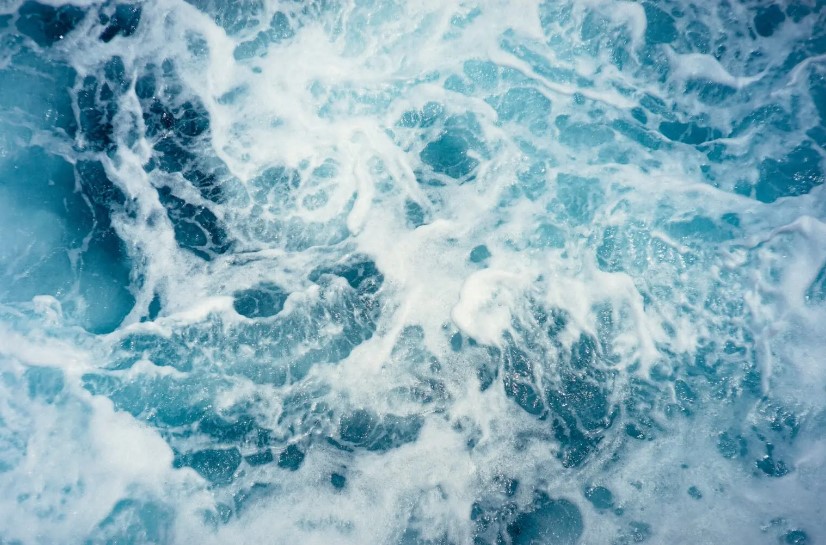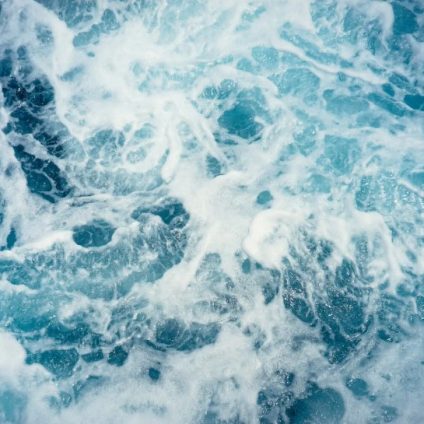Tuvalu, Antigua and Barbuda and other small island countries turn to the Hamburg court competent on the international law of the sea for an advisory opinion that equates acidification and pollution. And create a legal foothold to force states to act against the climate crisis
Under the UN Convention on the Law of the Sea, states have a binding obligation to protect the oceans against pollution
Since the 1980s, the oceans have absorbed 20 to 30% of man-made greenhouse gas emissions. By altering their pH to become more acidic, affecting all marine ecosystems. But does the increase in CO2 in the oceans count as pollution? And if so, What are the obligations of countries under the law of the sea?
It is the question with which some small island states, including Tuvalu, Antigua and Barbuda, Vanuatu and the Bahamas, turn to the Hamburg court which is competent to settle questions on international law of the sea. Seeking an advisory opinion. Under the UN Convention on the Law of the Sea, states have a binding obligation to protect the oceans against pollution.
Campaign starts from the increase of CO2 in the oceans
If the emission of greenhouse gases, then absorbed by the seas, were recognized as a form of pollution, then there would be an additional legal basis to force states to act against the climate crisis. And increase protection for those regions whose marine habitats have already suffered damage. Although not binding, the court’s opinion could indicate to states the necessary moves to limit global warming below 1.5 x C. In turn, this opinion could then be used in other international fora to accelerate climate action.
“Sea levels are rising rapidly, threatening to sink our lands under the ocean,” writes Kausea Natan, Prime Minister of Tuvalu. “Extreme weather events, which are increasing in number and intensity every year, are killing our people and destroying our infrastructure. Entire marine and coastal ecosystems are dying in waters that are becoming warmer and more acidic”.
The case opened in Hamburg on the increase in CO2 in the oceans is part of a campaign conducted by several island states to collect rulings from different international courts that clarify what are the obligations for states faced with the acceleration of the crisis climatic. The increase in the seas for many of these countries is an existential threat. In early 2023, Tuvalu also approached the International Court of Justice for similar reasons.













